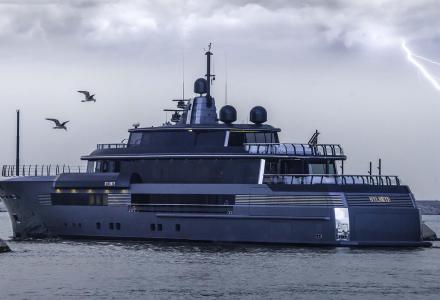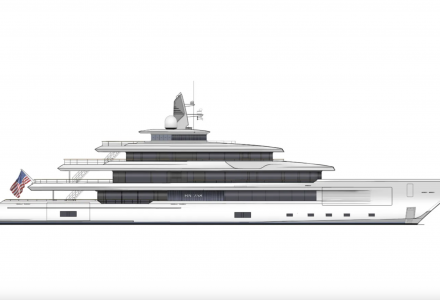Metrics for the superyacht market are trending up, with sales and charter revenue up across most brokerage firms in 2019. Yet, owners and buyers are getting increasingly cautious, bracing for an economic slowdown. With yachting still far off its 2008 heights, anxiety grows over whether the sector can sustain another crisis.
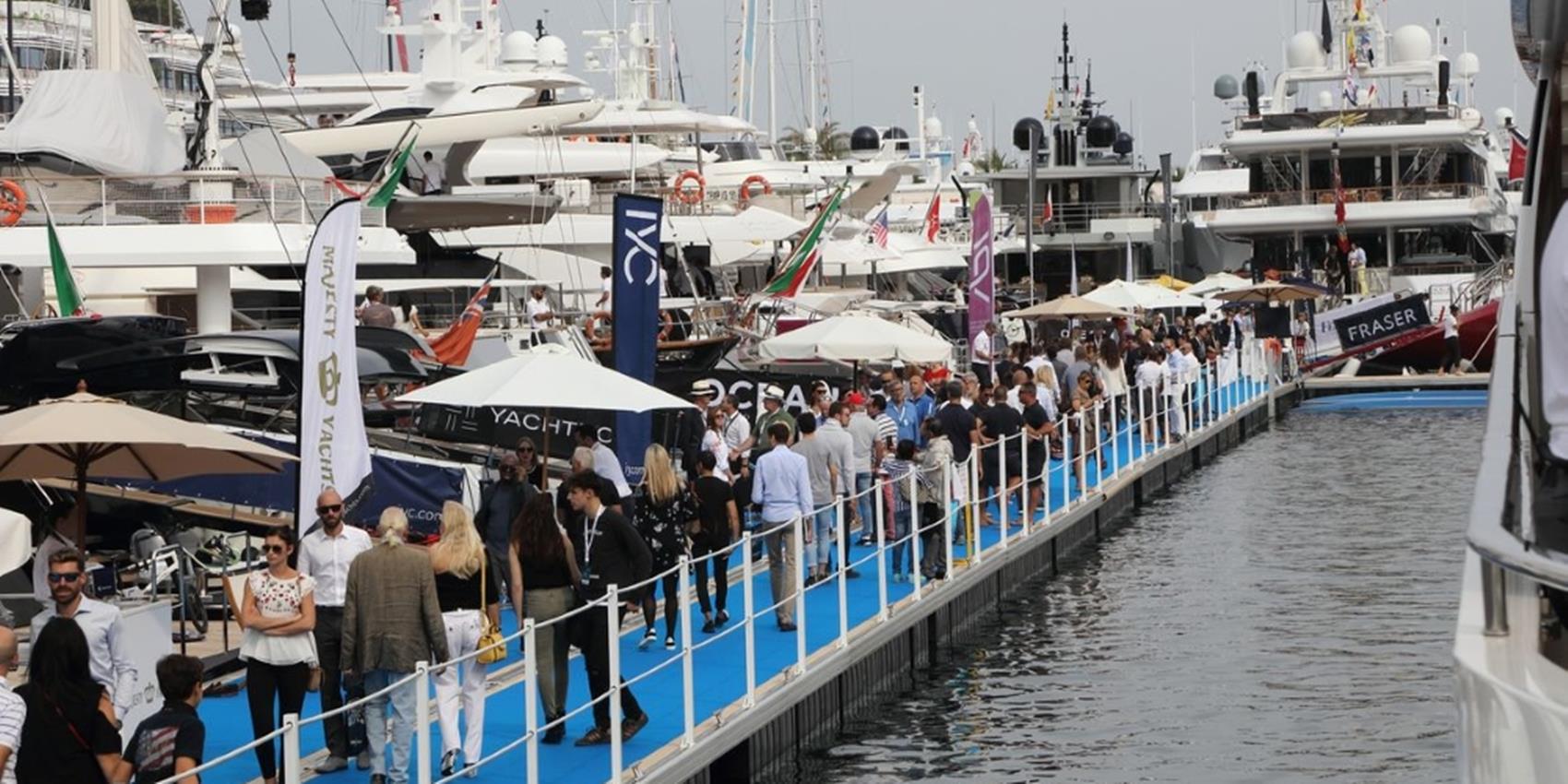
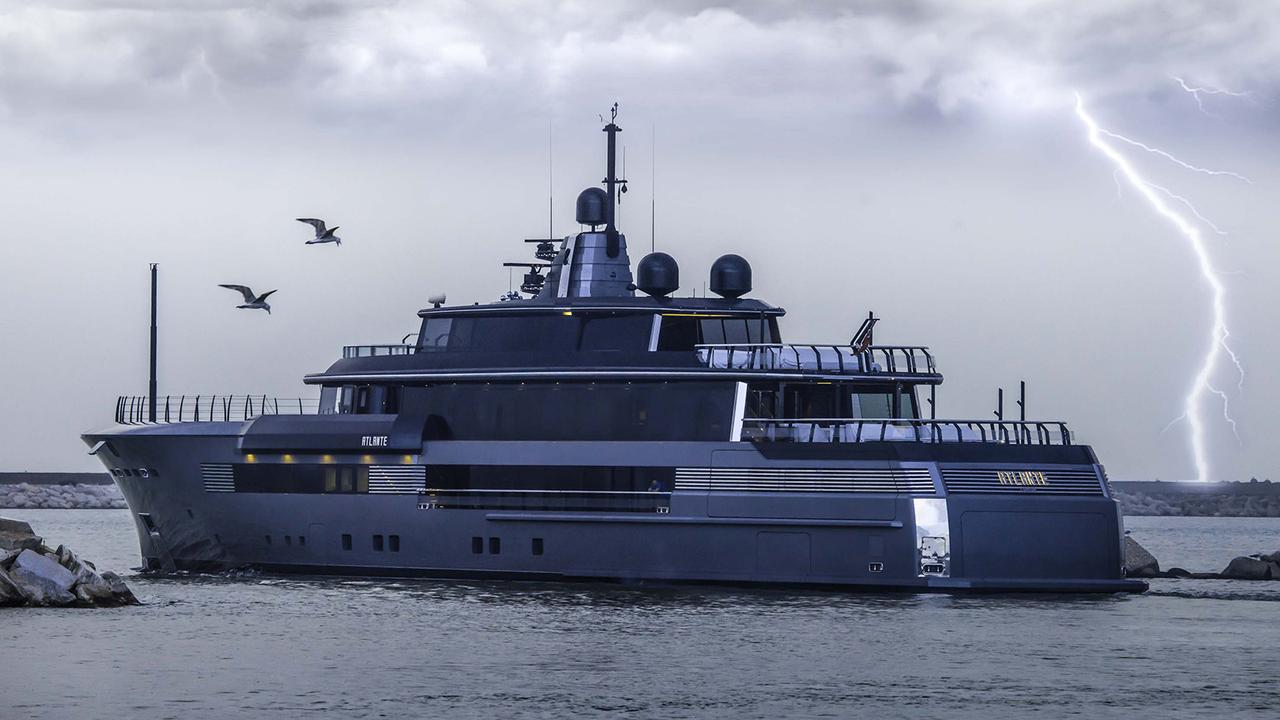

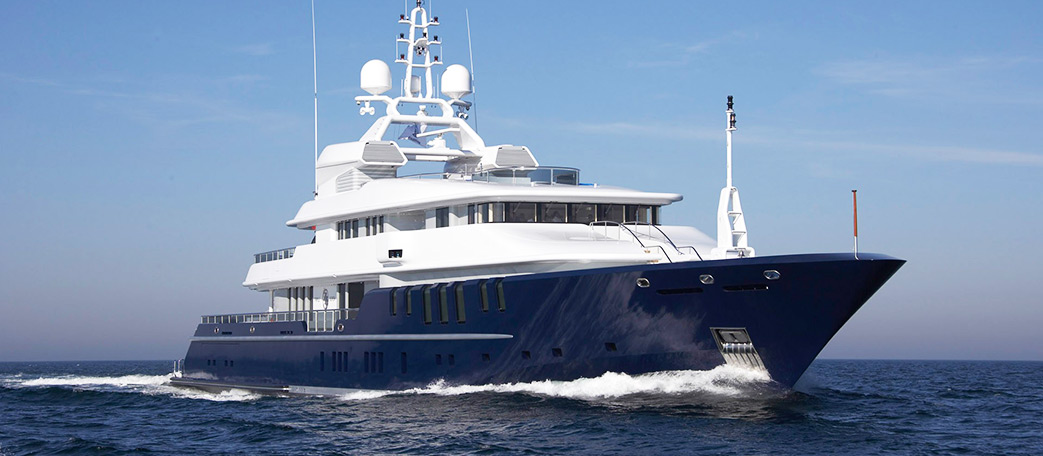


A decade ago, the yachting market lost half its turnover. Sales plummeted as American and European markets tumbled, pressuring owners to sell and buyers to hold off, resulting in a drop of nearly 40% in brokerage yacht prices. Abandoned new builds and rare new orders lead to yard collapses that rippled throughout the industry.
Figures now show the market has recovered only 56% of what it lost, before inflation, which puts it at less than half of previous volumes.
Owners and buyers alike are now becoming increasingly cautious as signals of a possible economic slowdown are multiplying. US Government bonds clearly indicate this anxiety in the market with 3-month yields at 2.27% and 10-year yields at 2.1%, an inversion that so far only occurred ahead of a recession.

Indicators of anxiety in yachting are also clear. Speculation builds have returned in the past 18 months, with several small to midsize yards increasingly financing the construction of their own yachts in the hope of finding a buyer along the way. The last time the market saw this at a significant scale was in 2008.
Several new builds over 70-meters have now been sold for more than their construction costs. Another throwback to 2008 when yacht flipping hit scale and completed yachts were selling at 15 to 20% premiums over new build orders.
Ferretti Group, the Italian yacht building conglomerate, is now thinking of going public according to Reuters. The last time the group considered such a move was in 2008.

As the market grows increasingly reminiscent of 2008, some industry players have started heading for the exits, providing an interesting opportunity for capitalists. Whilst M&A talks across yachting have skyrocketed in volume in the past 12 months, some deals have already been closed.
US broker MarineMax acquired Fraser Yachts, a leading brokerage previously owned by the Azimut-Benetti Group, leaving several brokerages still on the market for consolidation. Dutch yacht builder Moonen has also disclosed it is bringing in a new investor, whereas Wider Yachts was acquired by a group involving Zepter, owner of the 50-meter yacht Joy Me.
Global Yachting Group, which went public in 2017 with a market cap of over £50 million, now trades at half that market cap as traders remain skeptical of yachting's performance in the event of a new recession.

Recessions in itself are a normal component of any open markets, cyclical in their nature. Yachting, however, will cruise in unchartered territory as the sector is still far off from having recovered from its 2008 levels and lacks the required capital to sustain a new correction. Despite the recent uptick, many yachting firms remain unprofitable.
A slowdown could also equal opportunity for larger players looking to expand their market share. Combined, the 10 largest yards already account for over 60% of active new builds. History has shown scale and efficiency were amongst the rare factors that could make a yachting organization profitable, even in a recession.

Even if it were to avoid a slowdown, yachting still seems to be poised for deep changes. The private aviation market over the past decade has seen commissions for brokerages rapidly decrease with a liberalization of information and the entry of tech companies.
The latest of which, Central Jets, now lets users subscribe for €199/month and charter any jet direct from its owners with the platform taking only a 3% processing fee, a steep discount from the 50% margins traditional brokers used to charge.
In aviation, the advent of such business models eradicated a large part of small traditional brokerages and slashed earnings for larger groups, handing back savings to the end users. Whilst yachting is still in its early days of seeing such models come in, a restructuring of current 20% charter and 10% sales fees could be hard to process for most organizations.
